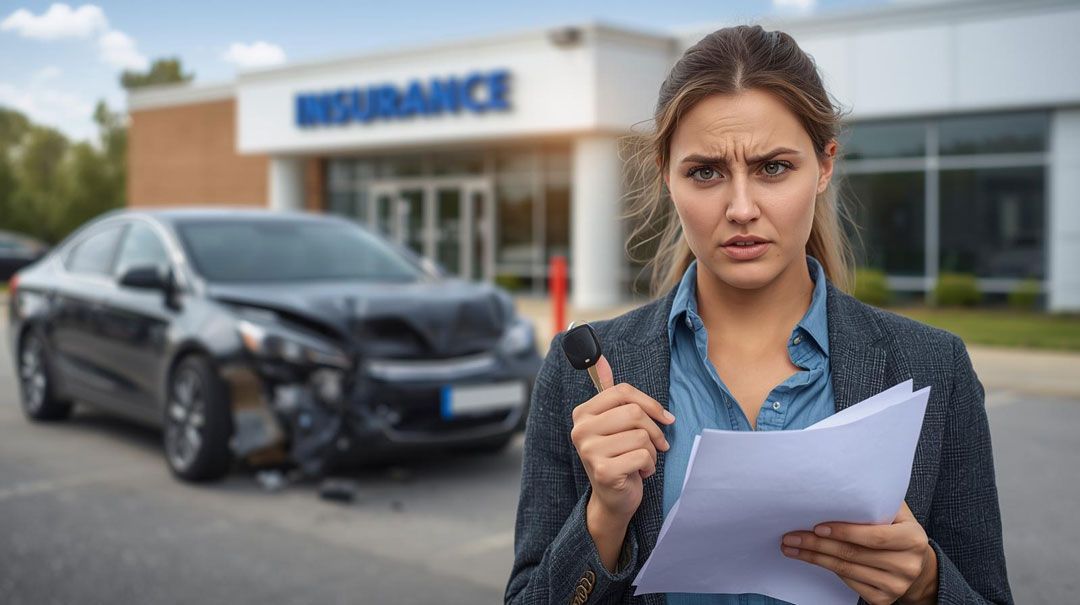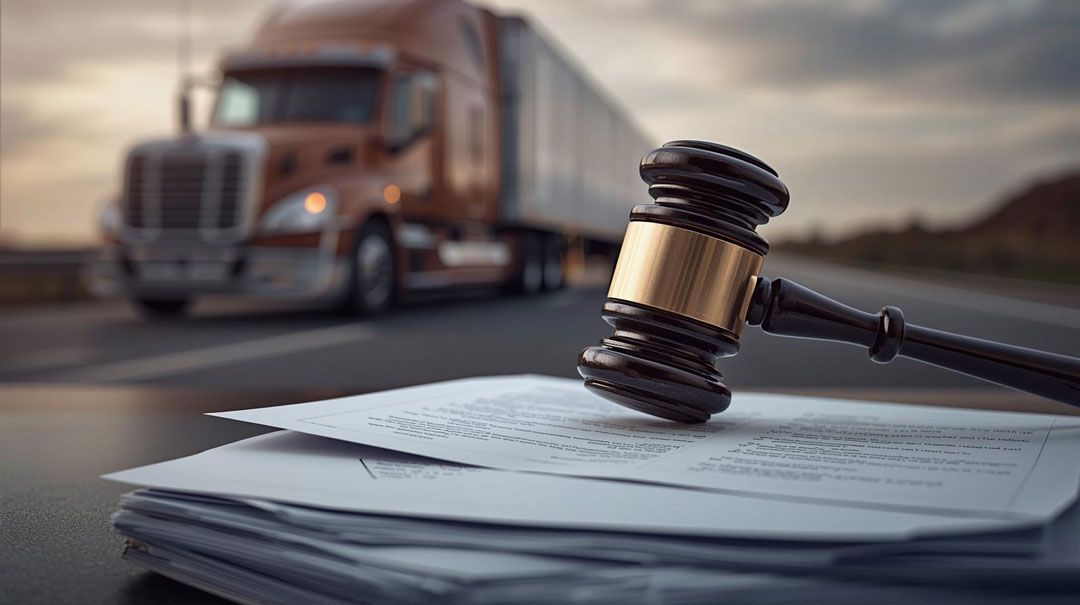Key Evidence Needed to Prove Fault in Truck Accidents
Truck accidents are not the same as car wrecks. The size of the vehicles alone makes them more destructive, and the legal process to prove who was at fault can get complicated quickly. Families in Minden and across North Louisiana often tell us that they feel lost in the weeks after a crash. People need to know how they'll pay for doctor visits, replace their lost wages, and deal with all the other ways an accident shakes up their daily routine. The starting point for all of this is evidence.
At Yocom Law Firm, we know evidence is the backbone of every case. Without it, claims get delayed or denied. It gives folks who've gone through tough times a firm spot to stand as they move ahead. Wondering what kind of evidence truly holds up after a truck crash? We'll break it down for you. We consider the particular circumstances of each family we help nearby.
Accident Scene Photos and Videos
One of the first things we encourage clients to do is gather photos and videos from the scene, if it’s safe to do so. These images often show what words can’t fully capture.
Tire or skid marks on the pavement.
The way the vehicles came to rest after impact.
Weather conditions such as rain, fog, or poor lighting.
Property damage to guardrails, signs, or nearby structures.
Simple cellphone photos can make a major difference. They freeze the moment in time before cleanup crews arrive and before memories fade. When insurers or jurors see these photos, they get a clear picture of how the accident unfolded.
Driver Logs and Electronic Records
If you’re searching for the best truck accident attorney in Louisiana, one of the first areas they will investigate is the driver’s logbook and electronic data. These records provide details that can’t be guessed or argued away.
Truck drivers are required to follow federal rules about how long they can drive before taking breaks. Electronic Logging Devices (ELDs) keep track of those hours. If a driver pushed past the legal limits, it shows up in the data. That often ties directly to fatigue, which is one of the most common causes of highway crashes.
Beyond hours of service, these devices can also record:
Speed in the minutes leading up to the accident.
Sudden braking or swerving.
Unusual driving patterns that point to distraction or recklessness.
This type of information is powerful because it comes straight from the truck’s systems. It is objective and hard to dispute.
Witness Testimonies That Support the Story
Eyewitness accounts play a big role in building a strong case. People who saw the accident can fill in gaps that photos or data may not explain.
Drivers or passengers involved in the wreck can describe what they felt or saw in those final seconds.
Bystanders who had no connection to the crash often provide neutral observations, which add credibility.
Professionals, like medical staff or accident analysts, can explain how injuries or road conditions connect to the crash.
Each voice adds a layer of understanding. Consistent testimony often tips the balance when insurance companies try to downplay responsibility.
Truck Maintenance and Safety Records
Another key area of investigation is the truck’s maintenance history. Large commercial vehicles must be inspected regularly, and records are kept on repairs and service. Skipped maintenance can be a clear sign of negligence.
For example:
Worn brake pads that should have been replaced.
Tires past their safe mileage.
Faulty lighting or turn signals that made the truck harder to see at night.
Reviewing these records can reveal whether the trucking company cut corners. When equipment failures are linked to the crash, liability often shifts from the driver to the company that owns the vehicle.
Police Reports as Official Documentation
When law enforcement arrives at the scene, they document what they see. A police report doesn’t decide the entire case, but it provides an official starting point.
These reports typically include:
A diagram of how vehicles were positioned.
Statements from drivers and witnesses.
Notes on road conditions, weather, and visibility.
Police reports may also mention if a citation was issued, such as speeding or failure to yield. When combined with other evidence, these details strengthen the claim and establish a timeline of events.
Black Box Data and Monitoring Systems
Most commercial trucks carry an event data recorder, often called a black box. This device collects information about the truck’s performance and driver actions right before a crash.
Key details often include:
Exact speed when the crash occurred.
When brakes were applied and how much force was used.
Whether the driver accelerated suddenly or changed lanes abruptly.
This information is precise and often matches up with other evidence, such as skid marks or witness testimony. It helps build a clear, technical picture of what led to the wreck.
Regulatory Compliance in Trucking
Louisiana drivers share the road with trucks that are regulated by both state and federal laws. Trucking companies must follow strict rules about driver hours, weight limits, and safety inspections. When they ignore these regulations, they put everyone at risk.
A truck accident lawyer in Louisiana will often review:
Hours-of-service records to check for rest violations.
Cargo weight and loading documents.
Inspection reports required by federal law.
If records show that rules were broken, it becomes easier to hold the trucking company accountable. These violations often form the backbone of a personal injury claim.
Accident Reconstruction
Sometimes, the pieces of evidence need to be pulled together into a single narrative. Accident reconstruction can do that. By combining photos, data from the truck, witness statements, and police reports, a clear timeline of events can be built.
This process helps explain:
The sequence of movements that led to impact.
Whether driver fatigue, speeding, or equipment failure played a role.
How road and weather conditions contributed.
While no one piece of evidence stands alone, reconstruction ties them all together. It’s often the clearest way to show what truly happened.
Why Acting Quickly Matters
Evidence doesn’t last forever. Tire marks fade, vehicles are repaired, and electronic records may only be stored for a limited time. Acting quickly ensures that nothing critical is lost. Families in Minden who call us soon after a crash give us the best chance to preserve the details that can change the outcome of their case.
Delays only benefit the trucking companies and insurers, who may move fast to protect themselves. For victims, early action often translates into stronger leverage when it comes to negotiations or trial.
If you or a loved one has been injured in a truck accident, don’t wait to gather the evidence you need. The sooner it’s preserved, the stronger your case becomes.
Call Yocom Law Firm today or visit our Car Wreck page to schedule a consultation. We proudly serve clients in Minden and throughout North Louisiana, offering trusted guidance when it matters most.





